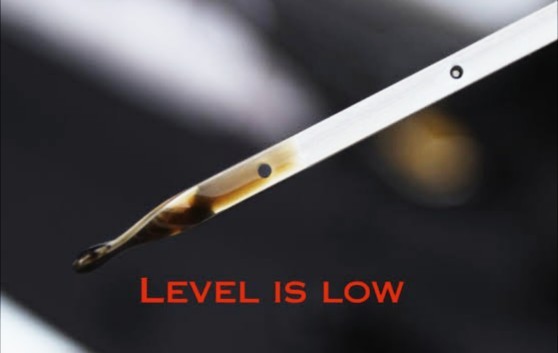Why Is My Car Engine Always Losing Oil, But It Is Not Leaking? Oil is an essential fluid for your car engine, as it lubricates, cools, cleans, and protects the moving parts from wear and tear. However, sometimes you may notice that your oil level is dropping faster than usual, even though there are no visible signs of oil leaks.
This can be a frustrating and worrisome problem, as low oil level can damage your engine and reduce its performance. So, what are the possible causes of oil loss without leaks, and how can you fix them? In this article, we will explain the common reasons why your car engine is always losing oil, but it is not leaking.
Causes of Oil Loss without Leaks
There are several possible causes of oil loss without leaks, depending on the age, condition, and type of your car engine. Some of the most common causes are:
- Burning oil: Burning oil is the most likely cause of oil loss without leaks. This happens when the oil passes through the piston rings or valve seals and enters the combustion chamber, where it gets burned along with the fuel-air mixture. This can be due to normal engine wear and tear over time, or due to faulty or damaged piston rings or valve seals. Burning oil can also be caused by using the wrong type or grade of oil for your engine, or by overfilling the oil level. Burning oil may not be noticeable at first, as the catalytic converter may mask the problem by reducing the smoke and emissions. However, as the problem worsens, you may notice blue or gray smoke coming out of the exhaust pipe, especially during acceleration or deceleration. You may also notice a loss of power, poor fuel economy, and increased emissions.
- Evaporating oil: Evaporating oil is another possible cause of oil loss without leaks. This happens when the oil gets heated up to high temperatures and vaporizes into the atmosphere. This can be due to excessive engine heat, which can be caused by various factors, such as low coolant level, faulty thermostat, clogged radiator, dirty oil filter, or malfunctioning cooling fan. Evaporating oil may not be noticeable at first, as the oil vapors may escape through the crankcase ventilation system or the exhaust system. However, as the problem worsens, you may notice a burnt oil smell in the cabin or under the hood.
How to Fix Oil Loss without Leaks
Oil loss without leaks can be fixed by identifying and correcting the underlying cause of the problem. Some of the possible fixes are:
- Replace or repair piston rings or valve seals: If your piston rings or valve seals are worn out or damaged, they should be replaced or repaired to prevent oil from entering the combustion chamber and burning. This is a complex and costly procedure that requires professional assistance.
- Use the right type and grade of oil: If you are using the wrong type or grade of oil for your engine, you should switch to the right one that matches your owner’s manual specifications. You should also avoid overfilling the oil level and check it regularly with a dipstick.
- Reduce engine heat: If your engine is overheating due to low coolant level, faulty thermostat, clogged radiator, dirty oil filter, or malfunctioning cooling fan, you should fix these issues to prevent oil from evaporating. You should also check your engine temperature gauge and warning light regularly and avoid driving in hot weather conditions.
Conclusion
Oil loss without leaks is a common problem that affects many car engines. It can be caused by burning oil or evaporating oil due to various factors such as worn piston rings or valve seals, wrong type or grade of oil, excessive engine heat, etc. It can result in reduced engine performance, poor fuel economy, increased emissions, and potential engine damage. Therefore, it is important to identify and fix the cause of oil loss without leaks as soon as possible to ensure optimal engine operation and longevity.

Comments (0)
Please login to join the discussion
Be the first to comment on this article!
Share your thoughts and start the discussion